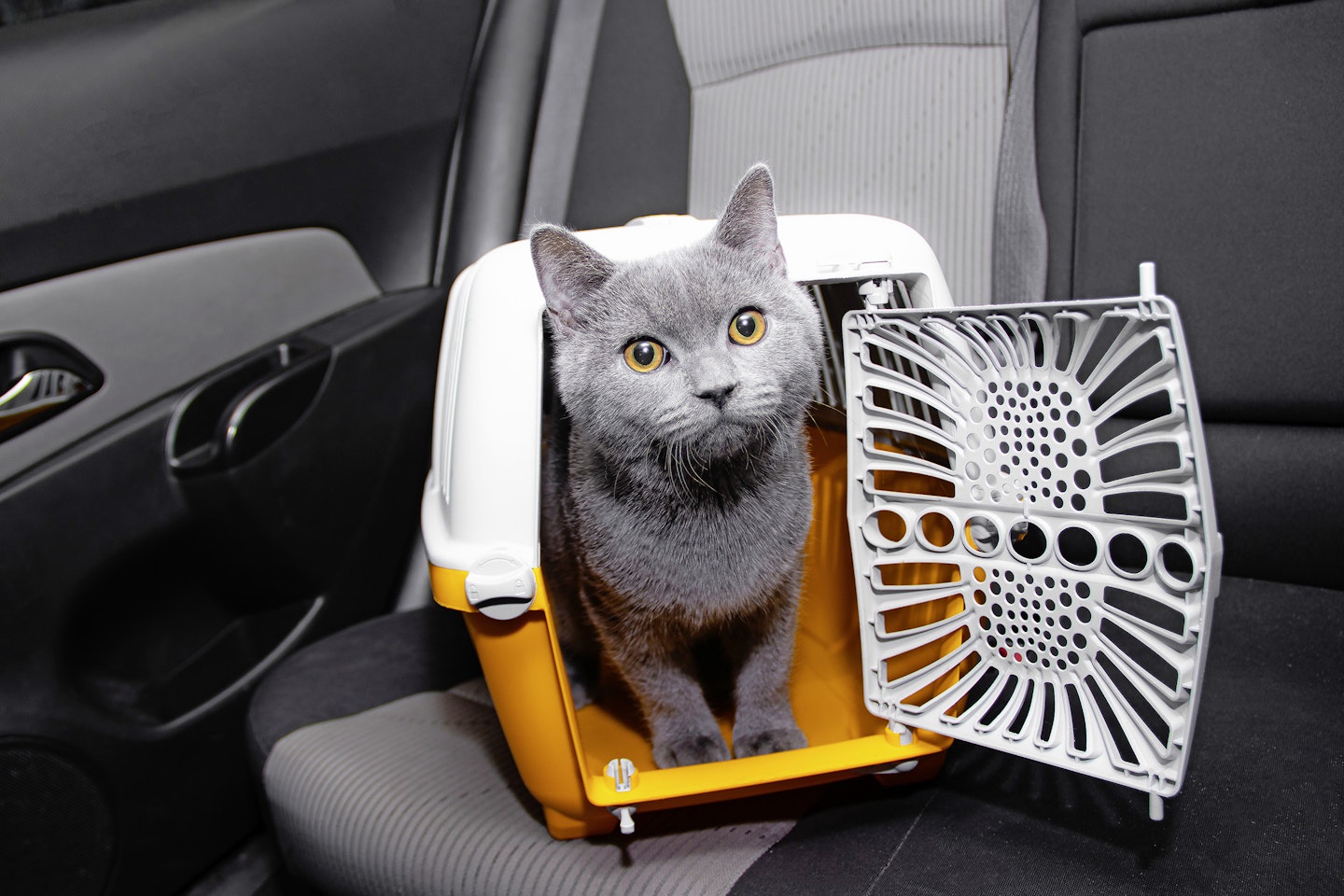'Hi, I’m Dr Michael. I studied veterinary medicine and zoology at the University of Edinburgh, then completed a small animal and exotics internship. I now work as a small animal vet in London — and I love it!'
My kitten currently eats wet food – which is what they fed her at the rescue centre I got her from. What’s the best way to transition her onto a dry food diet?
This shouldn't be a problem at all, but you have to make the transition gradually, usually over one to two weeks. Start by mixing 25 per cent of the new diet in with the wet food for a few days, then half, then 75 per cent of the new food after around six days. This allows your kitty’s digestive system to get used to the new diet and will hopefully prevent diarrhoea. Finally, make sure the new diet is specifically for kittens and not adult cats.
My goldfish has white nodules and red lines on his tail. What is it and how can I treat it?
Goldfish actually need very specific water conditions to thrive, and poor water quality can lead to stress and disease. Red streaks in the tail can mean high nitrites, and those white nodules could be ‘white spot’, a nasty fish parasite. Get a decent water testing kit, make sure the filter is appropriate and get some medication (and advice) from your local aquatics pet centre.

Anytime my cat goes on a car journey she gets sick. Any remedies you can recommend?
There are a few types of medication vets use to reduce nausea in cats. Unfortunately, the most potent one available can only be given by injection. For long car journeys, you could always swing by your vet the day of the big trip as the injection lasts 24 hours. There are also some tablets your vet can dispense which might help. I always tell my clients not to feed their pets right before car journeys. Oh, and take those corners a bit slower!
I’ve noticed specks of blood in my Jack Russell’s poo. What could be causing it, and should I go to the vet?
If you’ve noticed blood consistently in your pooch’s poop, you should pay a visit to your vet, along with a lovely fresh sample. Fresh blood can be a sign of colitis (a type of diarrhoea), a heavy parasite burden, constipation or anal gland issues. Some more serious causes include IBD and certain cancers. Don’t panic though. Bloody poo is fairly common in dogs and often easily treated.
